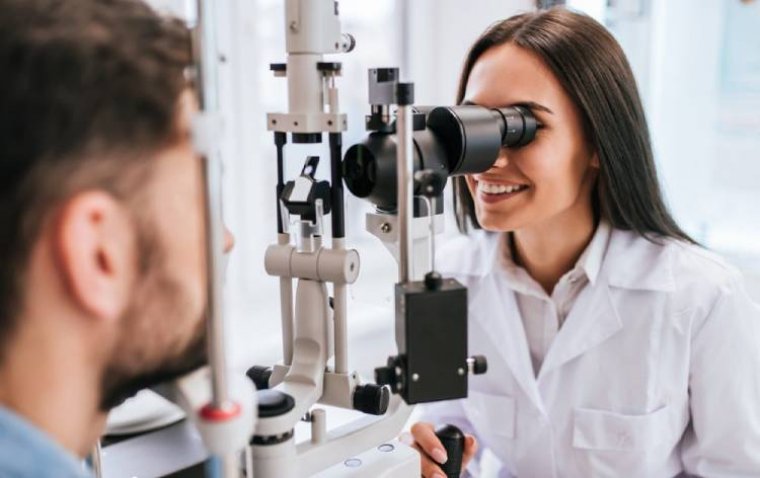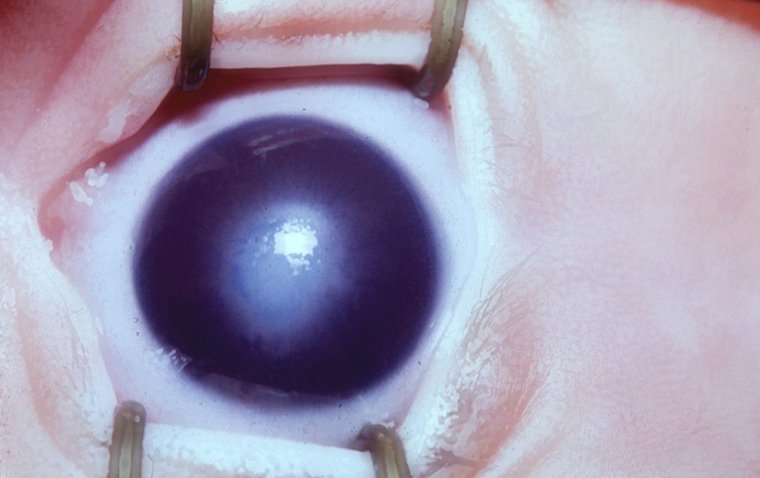
Behind the Scenes: 10 Fascinating Facts About Ophthalmologists and Their Work
Ophthalmologists, often referred to as eye doctors, are healthcare professionals who specialize in the diagnosis, treatment, and management of eye diseases and disorders. While we may visit them for routine eye exams or specific vision concerns, the world of ophthalmology is filled with complexity and remarkable achievements. In this article, we delve deeper into the profession of ophthalmology to uncover ten truly captivating facts about ophthalmologists and the incredible work they do.
1. Extensive Training:
The journey to becoming an ophthalmologist is a long and arduous one, demanding years of dedication and study. Typically, individuals aspiring to become ophthalmologists complete four years of undergraduate education, followed by four years of medical school. After medical school, they embark on a one-year internship, culminating in a rigorous three to four years of specialized ophthalmology residency training. Some ophthalmologists choose to pursue additional subspecialty fellowships, extending their education even further.
2. Masters of Microsurgery:
Ophthalmologists are true masters of microsurgery. Their work often involves delicate procedures performed on structures within the eye that are minuscule, measuring just a fraction of a millimeter. These procedures include repairing retinal detachments, removing cataracts, and transplanting corneas, all of which demand remarkable precision and skill.
3. Diverse Specializations:
The field of ophthalmology is incredibly diverse, with various subspecialties catering to specific aspects of eye care and pathology. These subspecialties include glaucoma, retina and vitreous, cornea and external diseases, pediatric ophthalmology, and neuro-ophthalmology. Each subspecialty focuses on distinct aspects of eye health, allowing ophthalmologists to become experts in their chosen field.
4. Eye as a Window to Health:
During routine eye examinations, ophthalmologists often discover more than just vision problems. The eyes can serve as windows into a patient's overall health. Conditions such as diabetes, high blood pressure, and certain types of cancer can manifest signs in the eyes. Ophthalmologists play a crucial role in early detection, referring patients for further medical evaluation when necessary.
5. Cutting-Edge Technology:
Ophthalmologists are at the forefront of adopting and utilizing cutting-edge medical technologies. They employ advanced equipment, such as laser systems for various treatments, optical coherence tomography (OCT) for detailed imaging of the eye's internal structures, and phacoemulsification machines for cataract surgery. Staying abreast of these innovations is essential for delivering the best possible care to patients.
6. Innovators in Laser Vision Correction:
Ophthalmologists have played a pioneering role in the development and popularization of laser vision correction procedures. One of the most well-known of these procedures is LASIK (Laser-Assisted In Situ Keratomileusis), which has transformed the lives of millions by reducing or eliminating the need for glasses or contact lenses. Ophthalmologists were instrumental in refining and perfecting LASIK techniques, making it a safe and effective way to correct refractive vision errors such as nearsightedness, farsightedness, and astigmatism.
7. Visionaries in Research:
Ophthalmologists are instrumental in advancing vision research. They are at the forefront of exploring groundbreaking treatments for eye conditions like macular degeneration, glaucoma, and diabetic retinopathy. Their research contributes to improved treatment options and, in some cases, the possibility of restoring lost vision.
8. Global Impact:
Many ophthalmologists are engaged in humanitarian efforts, bringing eye care to underserved and remote populations worldwide. Organizations such as "Doctors Without Borders" often include ophthalmologists in their teams, as eye health is a fundamental component of overall well-being.
9. Artistic Touch:
The dexterity and precision required for microsurgery make ophthalmologists exceptionally skilled in fine motor control. Some of these professionals apply their skills to create intricate micro-art in their spare time, demonstrating the fusion of art and science in their lives.
10. Lifelong Learning:
The field of ophthalmology is ever-evolving. Ophthalmologists are committed to lifelong learning, attending conferences, seminars, and workshops to stay updated on the latest treatments, technologies, and research findings. This dedication ensures that they provide the best possible care to their patients, incorporating the latest advancements into their practice.
Summary
Ophthalmologists are not just eye doctors; they are highly trained medical professionals who play a vital role in preserving our vision and overall health. Their extensive training, mastery of microsurgery, and involvement in groundbreaking research make them key figures in healthcare. So, the next time you visit your eye doctor, take a moment to appreciate the fascinating world of ophthalmology and the remarkable individuals who dedicate their lives to safeguarding our sight.
(1).jpg)










